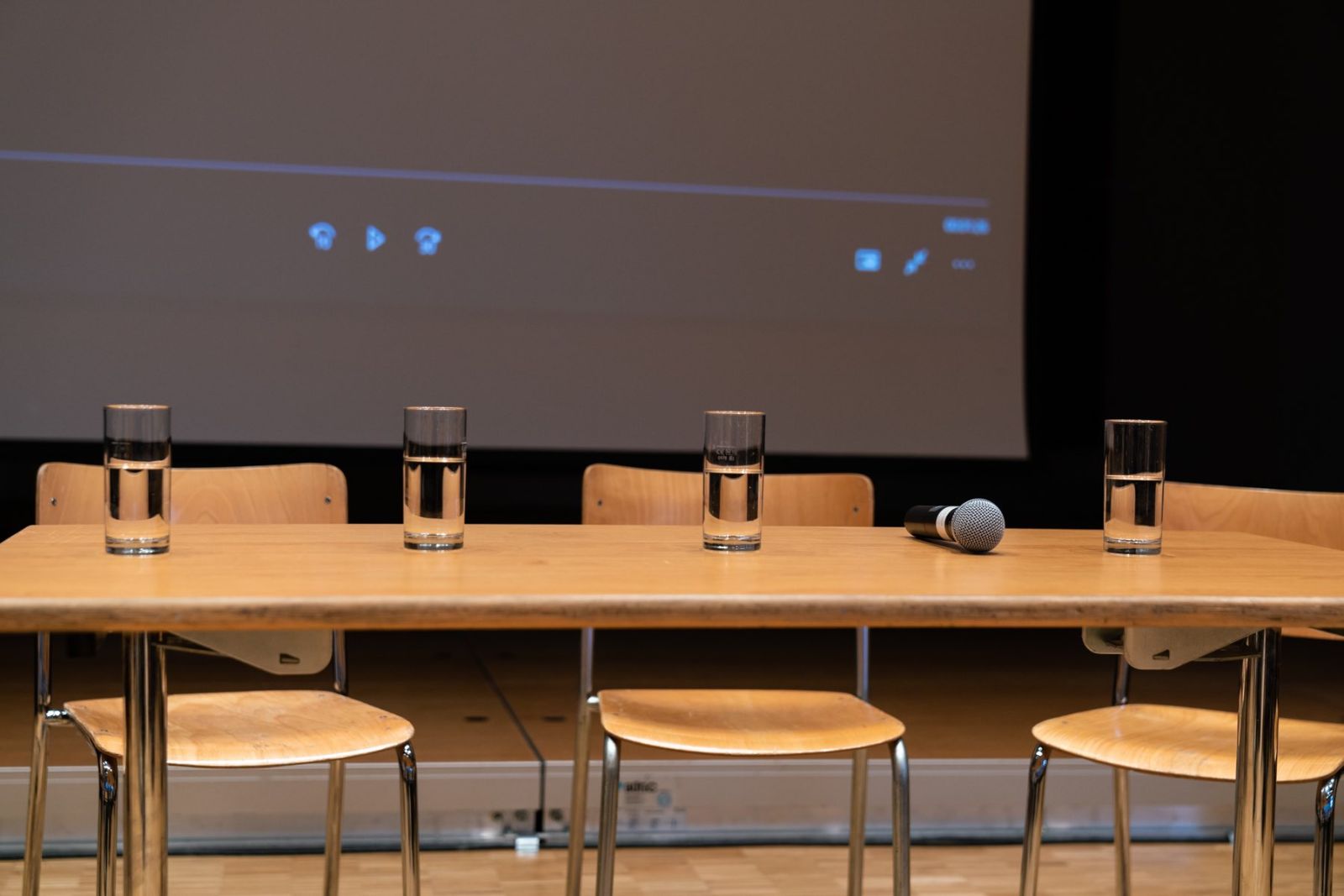Donnerstag-Akademie
The Gramophone and its Time: Questions around Tempo in Early Recordings
Presentation by Áurea Dominguez
16.03.2023, 18h
Klaus Linder-Saal,
Musik-Akademie Basel,
Leonhardsstr. 6,
4051 Basel

Early recordings are invaluable tools for research into historical performance practice. For the first time in history, they allow us to “listen in” on the performers of the time as they give us a seemingly authoritative example of their performance – but to what extent can we trust these recordings? How much of what we hear is the performer and how much is the technology on which it was recorded and played back?
Using historical recordings played on original early twentieth-century gramophones, this presentation will contextualize the technical issue of tempo from the viewpoint of performance practice. When operating a gramophone, the end user used a special tempo regulator to determine the playback speed of each performance in accordance with its specific musical character. These machines, with their tempo regulators instead of volume regulators, invite us to question our own concept of tempo. A historical overview of early recording and reproducing technologies, featuring live demonstrations, will offer listeners a first-hand experience of recorded sound as it was understood in the first decades of the twentieth century.
Áurea Dominguez is a researcher and performer specializing in historical double reed performance practice. Following her studies at the Schola Cantorum Basiliensis (Basel, Switzerland), where she was later employed as a researcher, she earned her PhD in musicology from the University of Helsinki in 2014. Her interests include historical sound technologies and innovative approaches to organology in wind instruments, such as the use of CT scans and 3D printing as research tools. Her monograph on nineteenth-century bassoon performance Bassoon Playing in Perspective (2013) has become an important reference in the field, as has her work on the fagottino and early recordings of wind music.
www.adminstruments.com
